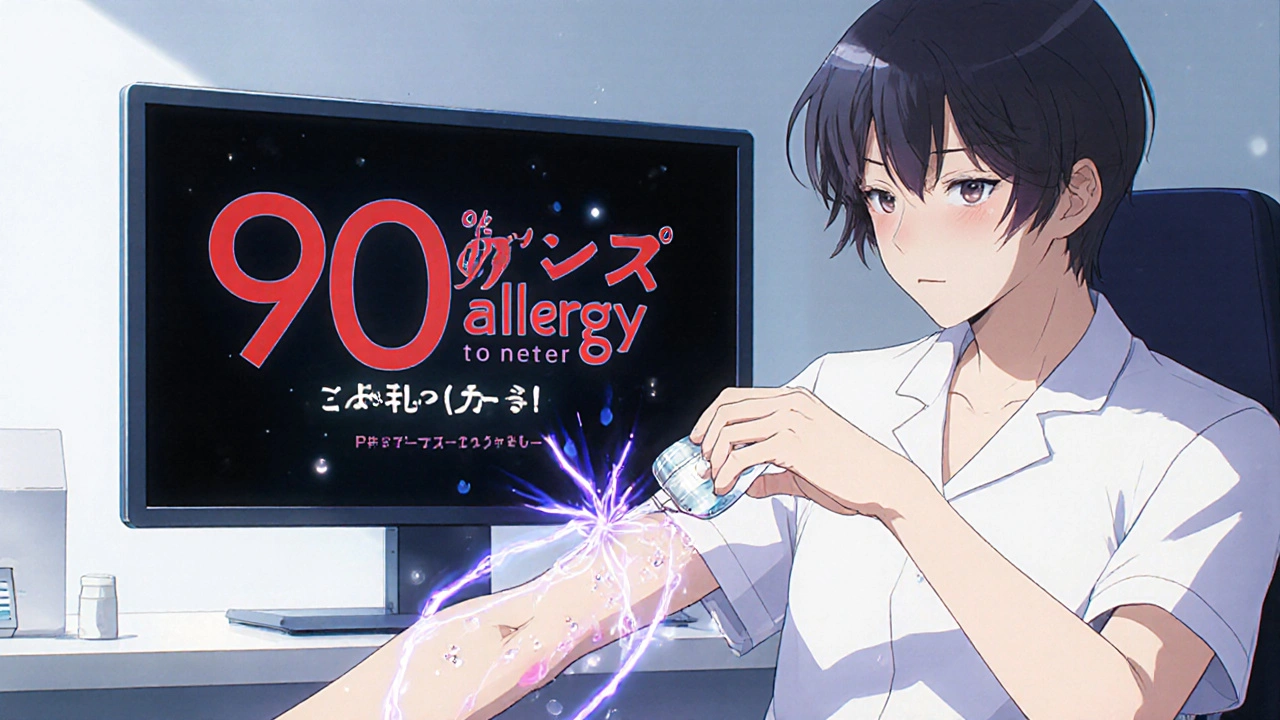Allergy Preparation: What Works, What to Avoid, and How to Stay Safe
When you’re dealing with allergy preparation, the steps you take before symptoms hit to reduce or prevent allergic reactions. Also known as allergy management, it’s not just popping a pill when your nose starts running—it’s about building a routine that actually works. Most people think allergy preparation means grabbing antihistamines at the first sniffle. But the real game-changers are the things you do before pollen season starts, before you’re exposed to pet dander, or before your skin reacts to a new detergent.
Antihistamines, medications that block histamine, the chemical your body releases during an allergic reaction. Also known as allergy pills, they’re the most common tool in allergy preparation. But not all are the same. Some make you sleepy, others don’t. Some last 12 hours, some last 24. Choosing the right one depends on your lifestyle, not just your symptoms. Then there’s immunotherapy, a long-term treatment that trains your immune system to stop overreacting to allergens. Also known as allergy shots, this isn’t for everyone—but if you’ve tried everything else and still can’t breathe, it’s the only thing that can change your relationship with allergies long-term. And don’t forget allergy triggers, the specific substances that set off your reaction—like mold, dust mites, or certain foods. Also known as allergens, identifying them is half the battle. You can’t avoid every trigger, but you can cut exposure by a lot with simple changes: washing bedding weekly, using HEPA filters, keeping windows closed during high pollen days.
What you won’t find in most guides? The truth about natural remedies. A lot of people turn to honey, quercetin, or essential oils hoping for relief. Some of these might help a little, but none replace proven medicine. And if you’re using them instead of antihistamines or seeing a doctor, you’re risking worse reactions down the line. Allergy preparation isn’t about quick fixes. It’s about consistency. It’s about knowing your body’s signals and acting before it’s too late.
Below, you’ll find real-world guides on what medications actually help, how to spot fake or unsafe products online, how to store your meds safely so they don’t lose strength, and how to avoid dangerous mix-ups with other drugs. No fluff. No marketing. Just what works—and what doesn’t—based on what real people have tried and what science backs up.
How to Prepare for Allergy Testing for Antibiotic Reactions
Learn how to prepare for antibiotic allergy testing to confirm or rule out true penicillin allergies. Discover what to stop taking, what to expect during the test, and why getting tested can save you money and improve your care.






